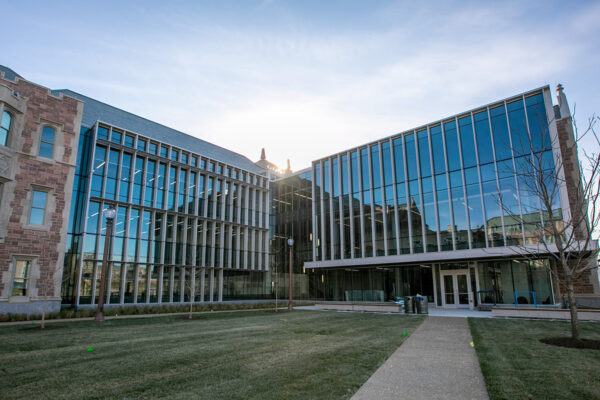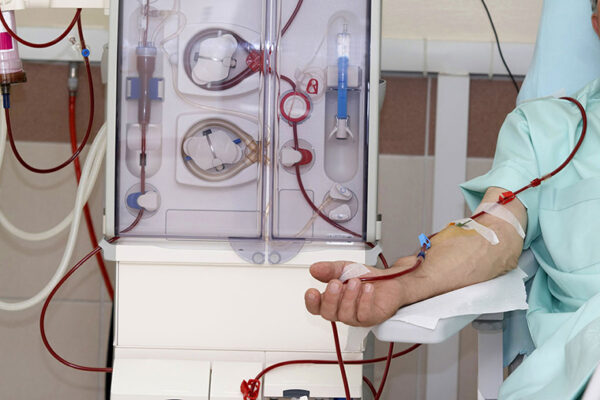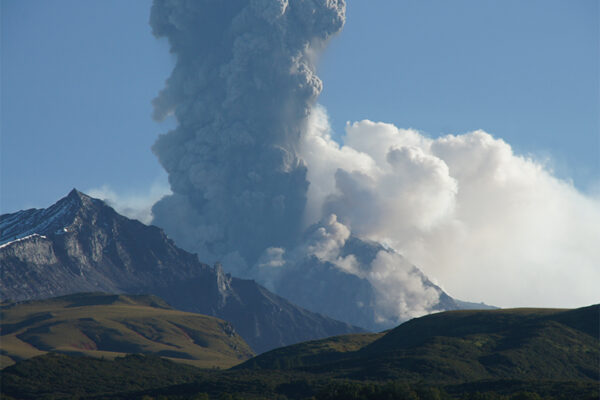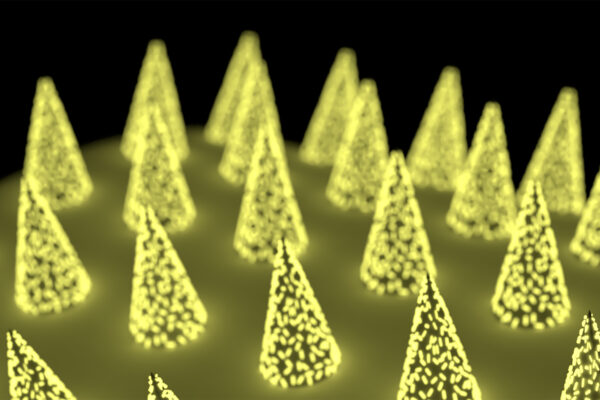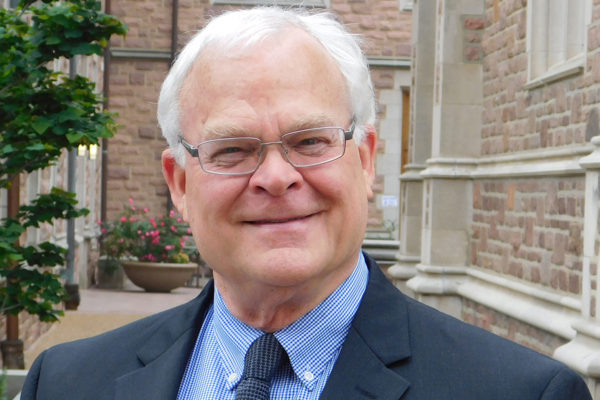Nominate student for Switzer award
The Women’s Society of Washington University seeks nominations for the Harriet K. Switzer Leadership Award. The nomination deadline is Feb. 12.
Kinch receives grant for clinical data work
Michael S. Kinch, associate vice chancellor and director of the Centers for Research Innovation in Biotechnology and Drug Discovery, and professor of biochemistry and molecular biophysics at the School of Medicine,, received a one-year $280,385 grant from Arnold Ventures for his research titled “CDEK: Clinical Data Experience Knowledge-base.”
Holehouse receives grant for protein analysis
Alex Holehouse, assistant professor of biochemistry and molecular biophysics at the School of Medicine, received a one-year $91,539 grant from Dewpoint Therapeutics for his research titled “Bioinformatic tools for the analysis of phase separating proteins.”
Using machine learning to better understand elbow injury
The Musculoskeletal Research Center at Washington University School of Medicine has given Spencer Lake, associate professor of mechanical engineering and materials science at the McKelvey School of Engineering, a one-year $40,000 grant to use machine learning to better understand elbow injuries.
Translating and in translation
Arts & Sciences doctoral candidates Sayed Kashua and Olivia Lott have won literary honors for a pair of recent books.
1.25.21
Images from in and around the Washington University campuses.
Imaging agent may help gauge kidney health
Researchers at Washington University School of Medicine have developed an imaging agent that could help refine assessments of kidney health, potentially salvaging some otherwise discarded donor kidneys.
Lots of water in the world’s most explosive volcano
Michael Krawczynski, assistant professor of earth and planetary sciences in Arts & Sciences at Washington University in St. Louis, and graduate student Andrea Goltz investigate the deep, inner workings of Shiveluch, a volcano on a remote peninsula in northeastern Russia.
No more needles?
WashU engineers have developed a biosensing microneedle patch that can be applied to the skin, capture a biomarker and, thanks to its unprecedented sensitivity, allow clinicians to detect the biomarker’s presence.
Two extraordinary days for race and electoral democracy in America
The current atmosphere is crisis, but change is born in crisis. Large-scale change regarding race and democracy is possible. A first priority should be fixing our racially-biased and fragile voting system, so that everyone participates freely and fairly, and all votes are counted equally and directly.
View More Stories



